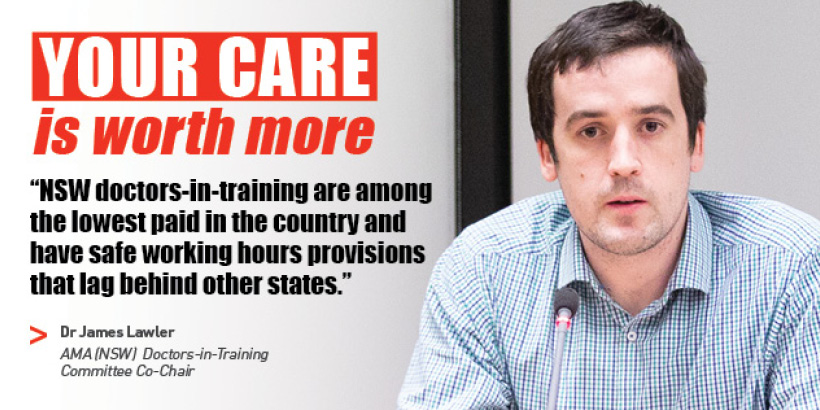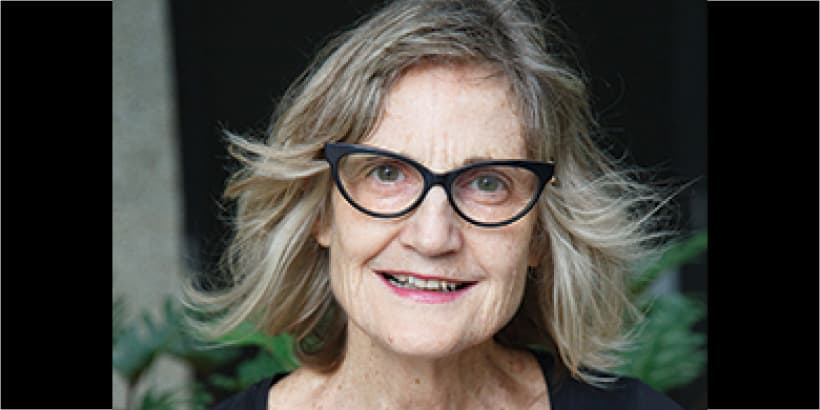
DITs Fight the Wage Freeze
July 14, 2020
Post Job Keeper: What Happens Next?
July 14, 2020VISITING MEDICAL OFFICERS
In situations where elective surgery can be outsourced to private hospitals, VMOs should be provided with the opportunity to negotiate arrangements that ensure appropriate indemnity arrangements are in place and there is appropriate cover and resourcing available to them and their patients.
AS COVID-19 patient numbers remain low for the time being in NSW, we are seeing public and private hospitals increase activity levels. While some capacity remains in the system for COVID-19 patients, reliable supplies of personal protective equipment and low numbers of patients requiring hospitalisation for COVID-19 infections mean that elective surgery has been able to resume.
The State Government has announced a public patient waiting list blitz that is to be undertaken in the public and private hospital systems. While the outsourcing of waiting list reduction work to the private system is not novel, the terms under which VMOs are currently being asked to undertake that work are different. Not least of which is the risk profile of those patients and no offer of TMF cover, and the further compromising of training opportunities which have been limited by the pandemic.
It is AMA (NSW)’s preference that Local Health Districts should be planning to maintain as much elective surgery as possible within the public hospital system. This will ensure patients remain within appropriate models of care and that doctors-in-training continue to access training opportunities. Should there be a need for Local Health Districts to outsource wait list reduction lists because need exceeds capacity in their public hospitals, Visiting Medical Officers should be provided with the opportunity to negotiate arrangements that ensure appropriate indemnity arrangements are in place and there is appropriate cover and resourcing available to them and their patients.
Keeping as much work as possible in the public system will also ensure that the private hospital system can get back to its core business of caring for private patients to ensure the ongoing viability of the private health care system.
Wage Freeze: Impact on VMOs
The State Government’s announced wage freeze will affect VMOs. To date, no offers have been made by the Ministry of Health regarding VMO remuneration.
Since 2011, under State Government wages policy, medical practitioners employed and engaged in the public health system have received 2.5% wage increases. The Industrial Relations (Public Sector Conditions of Employment) Regulation 2014 provides that public sector employees may be awarded increases in remuneration or other conditions of employment, but only if employee-related costs in respect of those employees are not increased by more than 2.5% per annum. Increases about the stipulated amount may be awarded provided that employee-related savings have been achieved to fully offset the increased costs over and above 2.5%.
In May this year, the State Government sought to amend the operation of its wages policy. The Industrial Relations (Public Sector Conditions of Employment) Amendment (Temporary Wages Policy) Regulation 2020 was intended to stop any increases in remuneration or other conditions of employment that would increase employee-related costs in relation to the employees. The Regulation was debated in NSW Parliament on 2 June 2020. The Upper House passed a disallowance motion overriding the regulation.
At the time of writing, there are proceedings underway in the NSW Industrial Relations Commission in relation to whether employees, including Staff Specialists, should receive a renumeration increase, and if so, how much.
While AMA (NSW) anticipates that the Ministry will be awaiting the outcome of the Commission proceedings before considering its position with respect to VMOs, we will be writing to the Ministry seeking an increase for VMOs.
We have recently surveyed our members about issues of workforce and contractual arrangements.
We will utilise the survey results to shape our advocacy for better and fairer terms and conditions for VMOs in NSW.
We recognise that the way many VMOs work has changed and is changing, for example, with some services being provided remotely which optimises patient care and outcomes but for which VMOs are unpaid.
There are interim changes that have been made during the pandemic that AMA (NSW) would like to see remain after the pandemic.
Contributed by Dominique Egan, Director of Workplace Relations, AMA (NSW)

